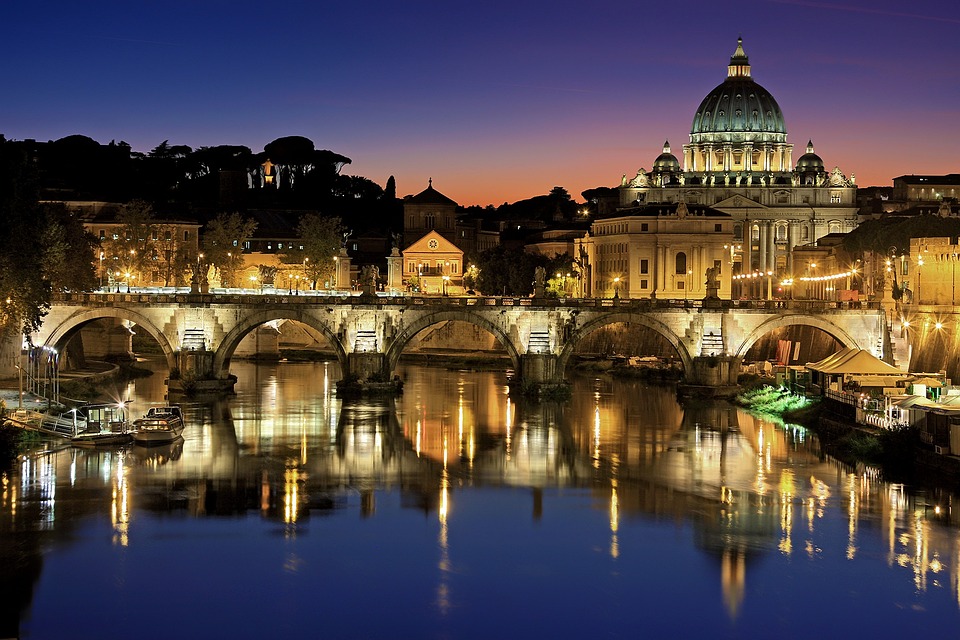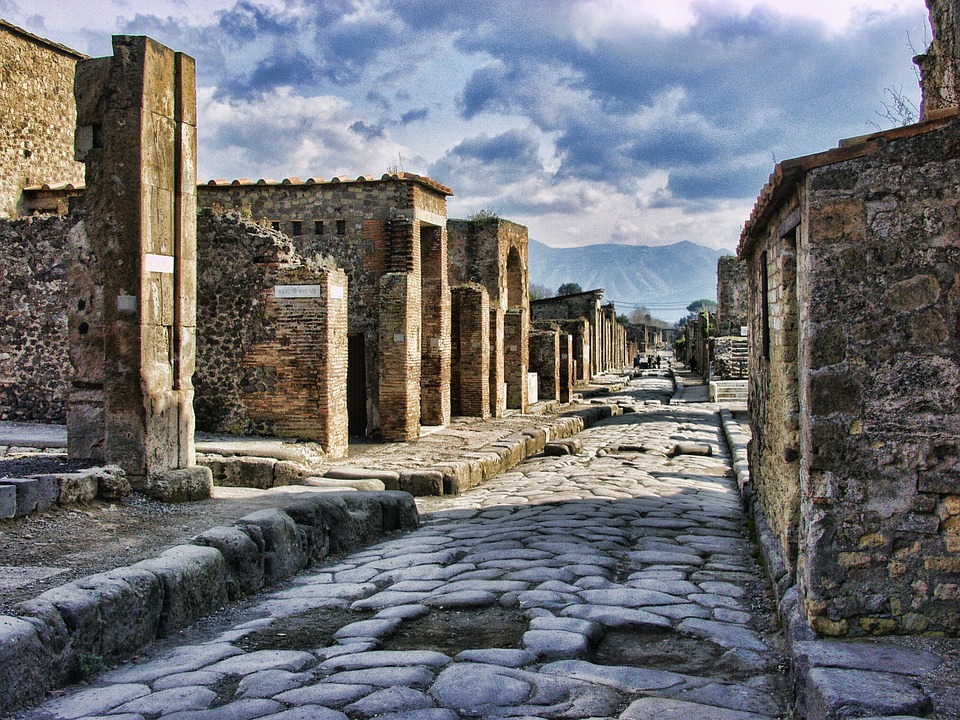Gender

Rome, Italy:
https://cdn.pixabay.com/photo/2017/12/15/19/13/rome-3021586_960_720.jpg

https://cdn.pixabay.com/photo/2017/12/15/19/13/rome-3021586_960_720.jpg
Yikes. This is something (at least grammatically!) that we don't have to worry about in English. However, in Italian (and other Romance languages), it is definitely something we must consider.
People, of course, can be masculine or feminine/ male, female: a woman, a man, a girl, a boy. In Italian, however, objects and all other nouns fall into these two categories as well.
(This is important to know because it will tell us what article we must use as well as how to end our adjectives).
(This is important to know because it will tell us what article we must use as well as how to end our adjectives).
General Rules:
1) When a noun ends in O, it is MASCULINE
2) When a noun ends in A, it is FEMININE
3) When a noun ends in E, it might be masculine...or it could be feminine (and is figured out via practice OR by checking in a dictionary)
2) When a noun ends in A, it is FEMININE
3) When a noun ends in E, it might be masculine...or it could be feminine (and is figured out via practice OR by checking in a dictionary)
For practice, try these links below:
Practice 1Practice 2 (a printable worksheet to practice changing certain nouns from masculine to feminine- job positions, etc.)
If you are interested in some interesting cultural and historical information (including a section on gender roles), click here to view the Italy page from Everyculture.com (interesting and informative!)
Plurals
In English, we generally add an S to a noun to make it plural. Italian is a bit different...Here are some general rules:
1) If a singular noun ends in O, it will change to I in the plural2) If the singular noun ends in A, it will change to E in the plural
3) If the singular noun ends in E, it will also change to I in the plural.
Click here to view a nice, simple chart from BBC languages
Click here to view a similar explanation/examples from About.com
Click here to view a much more in depth explanation, with various tricky spelling considerations
Click here for a video lesson (filmed in lovely Lugano!) from "woltersworld"
And here are some practice activities with plurals:
Practice 1Practice 2 (printable- used for Italian school children!)
Practice 3 (a quiz from QUIA and TUTORINO- I hope this link works...)
Definite Article (THE)
In English, we have one definite article: THE.In Italian, however, there are 7 words that mean THE (mi dispiace...)
General Rules: (which are interesting and important....but won't prevent beginners from finding a bathroom or a plate of spaghetti when needed.)
Here is the break-down, which might seem crazy to an English speaker:
There is a THE for singular feminine nouns (LA)
...for singular masculine nouns (IL)
...for singular nouns that begin with a vowel (L')
...for singular masculine nouns that begin with a Z or S+consonant (LO)
...for plural feminine nouns (beginning with a consonant or vowel- it's the same) (LE)
...for plural masculine nouns (I)
..and for plural masculine nouns that either begin with a vowel OR begin with a z or S+consonant (GLI)
Click here to view a video lesson on YouTube (with music, a slide show, and an Italian teacher narrating)
Practice? Si, per favore!
Practice 2 (click the orange tab to take a little quiz)
Practice 3 (don;t forget to check a dictionary for words that end in E!)
Practice 4 (sentences- but you just have to fill in the article. I like this one!)





